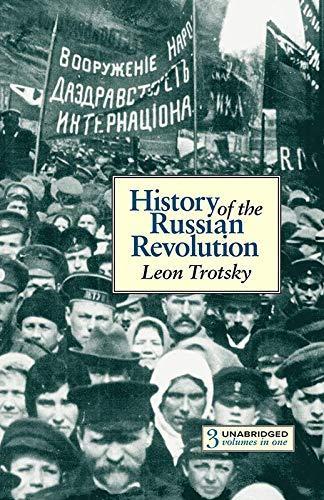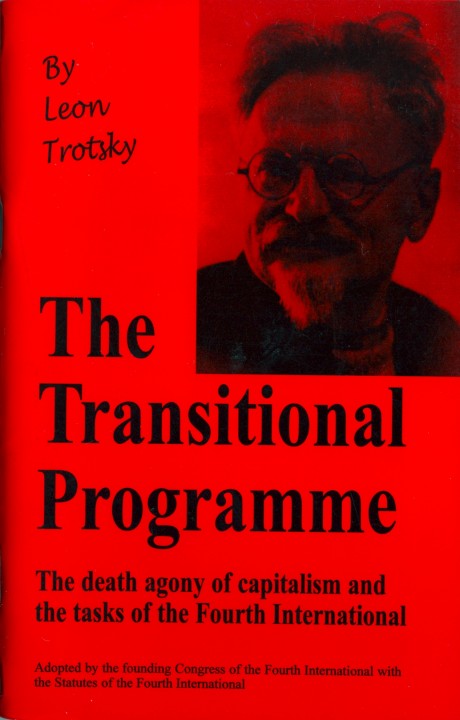Lev Davidovich Bronstein (7 November [O.S. 26 October] 1879 – 21 August 1940), better known as Leon Trotsky , was a Russian revolutionary, politician, journalist and political theorist. He was a central figure in the establishment of Soviet Russia and the Soviet Union. Ideologically a Marxist, Trotsky's writings and thought inspired a major school of the ideology known as Trotskyism. Born to a wealthy Russian Jewish family in Yanovka (now Bereslavka, Ukraine), Trotsky embraced Marxism after moving to Nikolayev in 1896. He briefly enrolled at Odessa University to study mathematics before abandoning his formal education to support political agitation among workers. In 1898, he was arrested for revolutionary activities and exiled to Siberia, but escaped to London and befriended Vladimir Lenin. Trotsky initially sided with Julius Martov's Mensheviks against Lenin's Bolsheviks during the Russian Social Democratic Labour Party's 1903 organisational split. Trotsky returned to Russia and led the Saint Petersburg Soviet in the failed 1905 Revolution. He was again exiled to Siberia, escaping and spending time in Austria, Switzerland, France, and New York. After the 1917 February Revolution brought an end to the Russian Empire, Trotsky returned to Russia, and later that year joined the Bolsheviks and became chairman of …
Leon Trotsky
Autorearen xehetasunak
- Jaiotza:
- 1879ko urr. 26a
- Heriotza:
- 1940ko abu. 21a
Kanpoko estekak
Lev Davidovich Bronstein (7 November [O.S. 26 October] 1879 – 21 August 1940), better known as Leon Trotsky , was a Russian revolutionary, politician, journalist and political theorist. He was a central figure in the establishment of Soviet Russia and the Soviet Union. Ideologically a Marxist, Trotsky's writings and thought inspired a major school of the ideology known as Trotskyism. Born to a wealthy Russian Jewish family in Yanovka (now Bereslavka, Ukraine), Trotsky embraced Marxism after moving to Nikolayev in 1896. He briefly enrolled at Odessa University to study mathematics before abandoning his formal education to support political agitation among workers. In 1898, he was arrested for revolutionary activities and exiled to Siberia, but escaped to London and befriended Vladimir Lenin. Trotsky initially sided with Julius Martov's Mensheviks against Lenin's Bolsheviks during the Russian Social Democratic Labour Party's 1903 organisational split. Trotsky returned to Russia and led the Saint Petersburg Soviet in the failed 1905 Revolution. He was again exiled to Siberia, escaping and spending time in Austria, Switzerland, France, and New York. After the 1917 February Revolution brought an end to the Russian Empire, Trotsky returned to Russia, and later that year joined the Bolsheviks and became chairman of the Petrograd Soviet, playing a key role in the October Revolution of November 1917 which overthrew the Provisional Government and marked the opening of the Russian Civil War (1917–1922). In Lenin's first government, Trotsky held the post of People's Commissar for Foreign Affairs and became involved in the 1917–1918 Brest-Litovsk negotiations with the German Empire as Russia pulled out of the First World War. From 1918 to 1925, Trotsky served as the People's Commissar for Military and Naval Affairs, in this position founding and leading the Red Army to victory in the civil war. Trotsky was also nominated for the position of Deputy Chairman of the Council of People's Commissars by Lenin but declined the position. In 1922, Trotsky formed a bloc alliance with Lenin to counter the bureaucratisation of the party and the growing influence of Joseph Stalin. Trotsky opposed Stalin as leader of the Left Opposition, which advocated a programme of mass industrialisation with an extension of worker's democracy, which preceded the establishment of the First Five-Year Plan in the Soviet Union. Trotsky was outmaneuvered after Lenin's death in 1924 and gradually lost his positions: he was expelled from the Politburo in 1926, exiled to Alma Ata in Soviet Central Asia in 1927, and in 1929 was deported to Turkey. He spent the rest of his life in exile, finding refuge in France, Norway, and Mexico. Trotsky wrote extensively and polemically against Stalinism. His proletarian internationalism was opposed to Stalin's theory of "socialism in one country". Trotsky's own theory of "permanent revolution" posited (1) that in countries such as Russia, where world capitalism had created a small bourgeoisie, only the proletariat could carry out the tasks of the bourgeois revolution and build socialism (as opposed to the two-stage theory), and (2) that the Soviet Union could not survive surrounded by hostile capitalist states, and that revolutions in the advanced Western countries were required. In his book The Revolution Betrayed (1937), Trotsky argued that the Soviet Union had become a "degenerated workers' state" as a consequence of its isolation, and called for a new political revolution to end bureaucratic dictatorship and restore the democratic values of 1917. In 1938, Trotsky founded the Fourth International as an alternative to the Comintern. In 1940, a Soviet NKVD agent, Ramón Mercader, assassinated Trotsky at his home in Mexico. Written out of Soviet history under Stalin, Trotsky was one of his rivals who did not receive political rehabilitation from later Soviet leaders.

